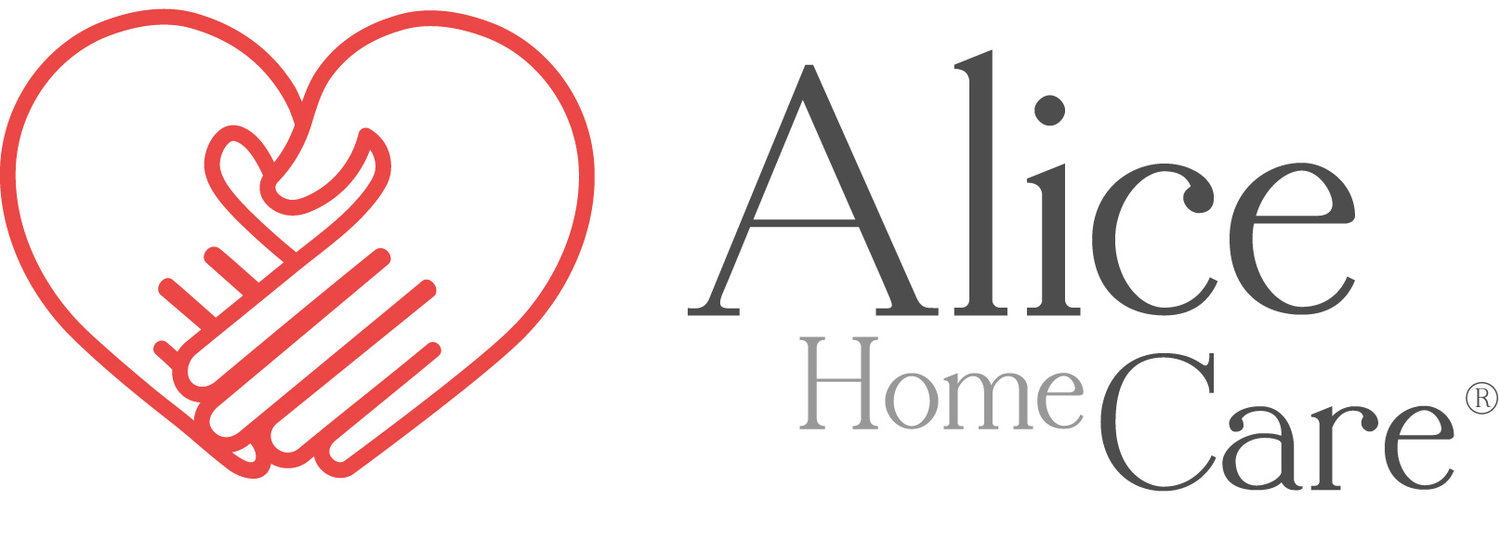Did you know that loneliness may be as significant a health factor as smoking? This is according to Vivek Murthy, the former United States surgeon general, who has written that loneliness is “associated with a reduction in life span similar to that caused by smoking 15 cigarettes a day and even greater than that associated with obesity.”
Research from the Journal of the American Medical Association (JAMA) discovered that 43% of older adults report feelings of loneliness, and a study in the Proceedings of the National Academy of Sciences even found that loneliness is linked with a higher risk of mortality. Additional epidemiological studies have associated loneliness and social isolation to heart disease, cancer, depression, diabetes and suicide.
It is clear that prevention needs to start early by understanding the serious problem of loneliness in seniors. Along with caregivers, older adults and family members should have a clear understanding of the available services in their area.
Tips for Promoting Social Interaction
Local Senior Programs
Many local communities have programs for older adults to engage with others and try out new activities or hobbies, such as gardening, board games, exercise or painting. Activities may be held on a weekly or monthly basis. Make sure to reach out to local community groups, senior centers, or churches, as well as local agencies on aging.
Technology
There are a variety of types of technology to can help engage seniors, such as something to remind them to take their medication, a personal emergency response system around their wrist, or a simple, senior-friendly, pre-programmed device.
Telemedicine offerings, such as wellness calls, can also help with feelings of loneliness. The Friendship Line, provided by the Institute on Aging, describes itself as "the only program nationwide that reaches out to lonely, depressed, isolated, frail and/or suicidal older adults." This free service was founded, and is still run, by Dr. Patrick Arbore. In 2017 alone, the Friendship Line had 148,000 calls nationwide staffed by a team of trained volunteers. How does it work? Participants choose whether they want to call in or be called by a friendly voice who will chat with them reminding them to take medication, check in to ensure they are safe, check to see if they have proper meals, or even just to chat.
Staff from Alice Home Care attended for 45th Anniversary of the Friendship Line in May 2018. Dr. Abore imparted some key words of wisdom in his speech, saying a lot about the heart and soul he has poured into this program.
“Connection with others binds us to life.
Service is the rent we pay for being human.”
Companion Caregivers
Caregiving comes in many forms, but one important caregiving service is companionship. This can include grocery shopping, meal preparation, visits to friends and neighbors, conversation and fun activities. Regular visits from a companion caregiver can keep seniors mentally active and engaged, reducing the risk of loneliness. The relationship between the senior and caregiver can be truly heartwarming.
Loneliness is seniors is a serious problem, but one that can be preventable. Making social engagement a priority early on will have a long-term impact on mental health and happiness.
Sources: "How to Combat Loneliness and Isolation as We Age" from Forbes; "Is Loneliness a Health Epidemic?" from New York Times
Alice Home Care is here to help provide compassionate care for your loved ones who struggle to remain independent in their homes. Give us a call at 510-924-8529 and let us provide you with helping hands and caring hearts.



